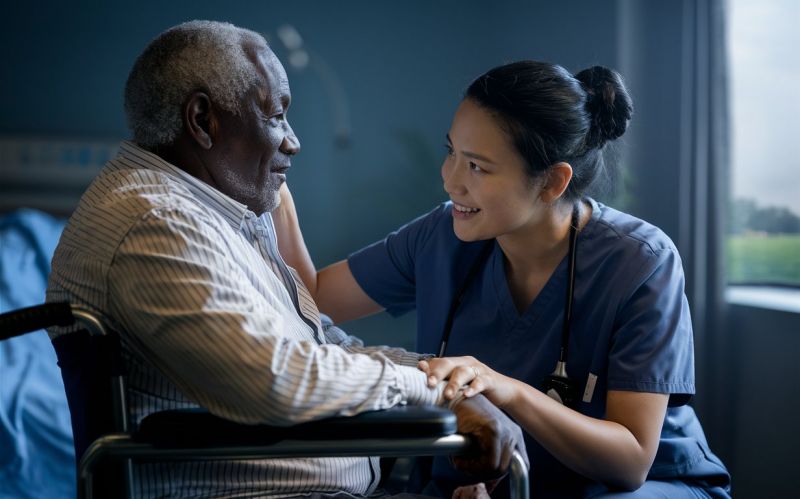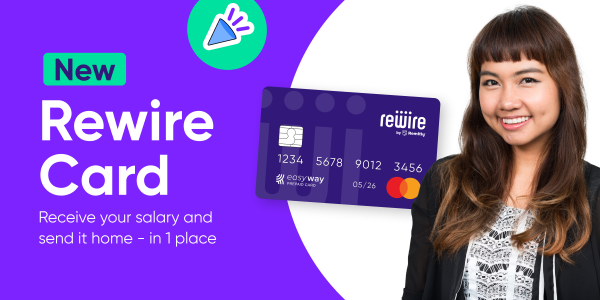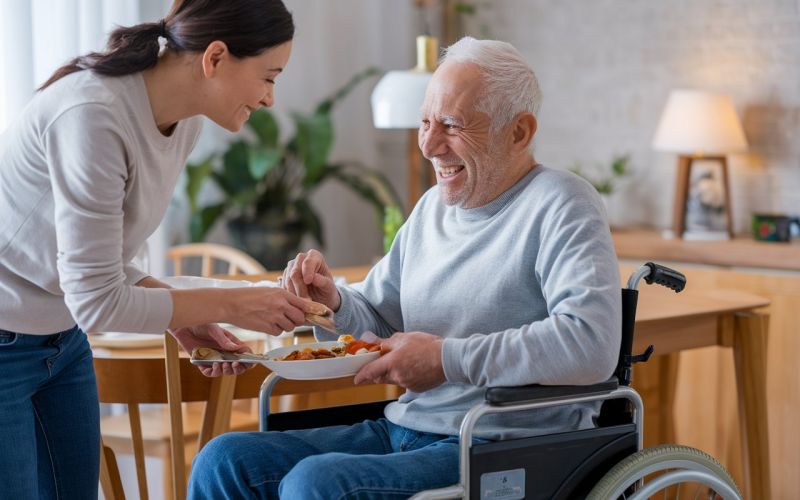Stroke is a serious condition that affects many people around the world. When someone has a stroke, they need a lot of support to recover. As a caregiver, you play a crucial role in helping them get better, both physically and emotionally. This guide will help you understand how to provide the best care for someone recovering from a stroke.
Understanding Stroke
A stroke happens when the blood flow to the brain is interrupted. This can cause damage to the brain cells, leading to problems with movement, speech, and other functions. Recovery from a stroke can be a long process and usually involves physical therapy, medication, and emotional support.
Physical Recovery
-
Follow Medical Advice: The first step in supporting stroke recovery is to follow the advice of healthcare professionals. This includes taking prescribed medications, attending physical therapy sessions, and following any special instructions from doctors.
-
Encourage Physical Therapy: Physical therapy helps stroke survivors regain their strength and improve their movement. Encourage them to do their exercises regularly, even if it seems difficult. Celebrate small improvements to keep them motivated.
-
Help with Daily Activities: Stroke can make everyday tasks challenging. You might need to help with activities like bathing, dressing, eating, and moving around. Make sure to do this in a way that maintains their dignity and independence as much as possible.
-
Monitor Their Health: Keep an eye on their health and look out for any changes or new symptoms. Report these to their healthcare provider immediately. Regular check-ups are important to track progress and make necessary adjustments to their treatment plan.
-
Create a Safe Environment: Make the living space safe to prevent falls and injuries. Remove tripping hazards, install grab bars in the bathroom, and make sure the home is well-lit.
Emotional Support
-
Be Patient: Stroke recovery can be frustrating and slow. Show patience and understanding as they work through their recovery. Listen to their concerns and provide reassurance.
-
Encourage Communication: Stroke can affect speech and language. Encourage them to express themselves and be patient if they have difficulty speaking. Use simple language and give them time to respond.
-
Promote Social Interaction: Isolation can make emotional recovery harder. Encourage them to stay connected with family and friends. Arrange for visits or video calls to help them feel less alone.
-
Support Mental Health: Stroke survivors can experience depression and anxiety. Watch for signs of these conditions and encourage them to talk to a mental health professional if needed. You can also provide emotional support by being there for them and offering comfort.
-
Set Realistic Goals: Help them set small, achievable goals for their recovery. Celebrate their successes, no matter how small, to keep them motivated and positive.
Practical Tips for Caregivers
-
Educate Yourself: Learn about stroke and its effects. Understanding the condition will help you provide better care and anticipate their needs. There are many resources available online and through healthcare providers.
-
Take Care of Yourself: Caring for someone can be challenging. Make sure to take breaks and care for your own health. Find support groups for caregivers where you can share experiences and receive encouragement.
-
Seek Professional Help: Don’t hesitate to ask for help from healthcare professionals when needed. They can provide guidance on how to manage specific challenges and offer support for both you and the person you are caring for.
-
Use Assistive Devices: There are many tools and devices that can help make daily activities easier for stroke survivors. These include things like special utensils for eating, mobility aids, and communication devices.
-
Stay Organized: Keep track of medical appointments, medications, and therapy schedules. Staying organized will help ensure that nothing is overlooked and that the recovery process goes smoothly.
Conclusion
As a caregiver, your support is vital to the recovery of someone who has had a stroke. By understanding their needs and providing both physical and emotional support, you can help them on their path to recovery. Remember to be patient, stay informed, and take care of yourself as well. Your role is incredibly important, and your dedication can make a big difference in their healing journey.













